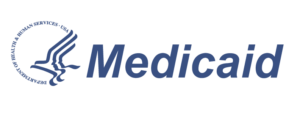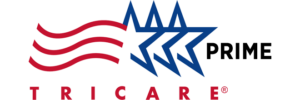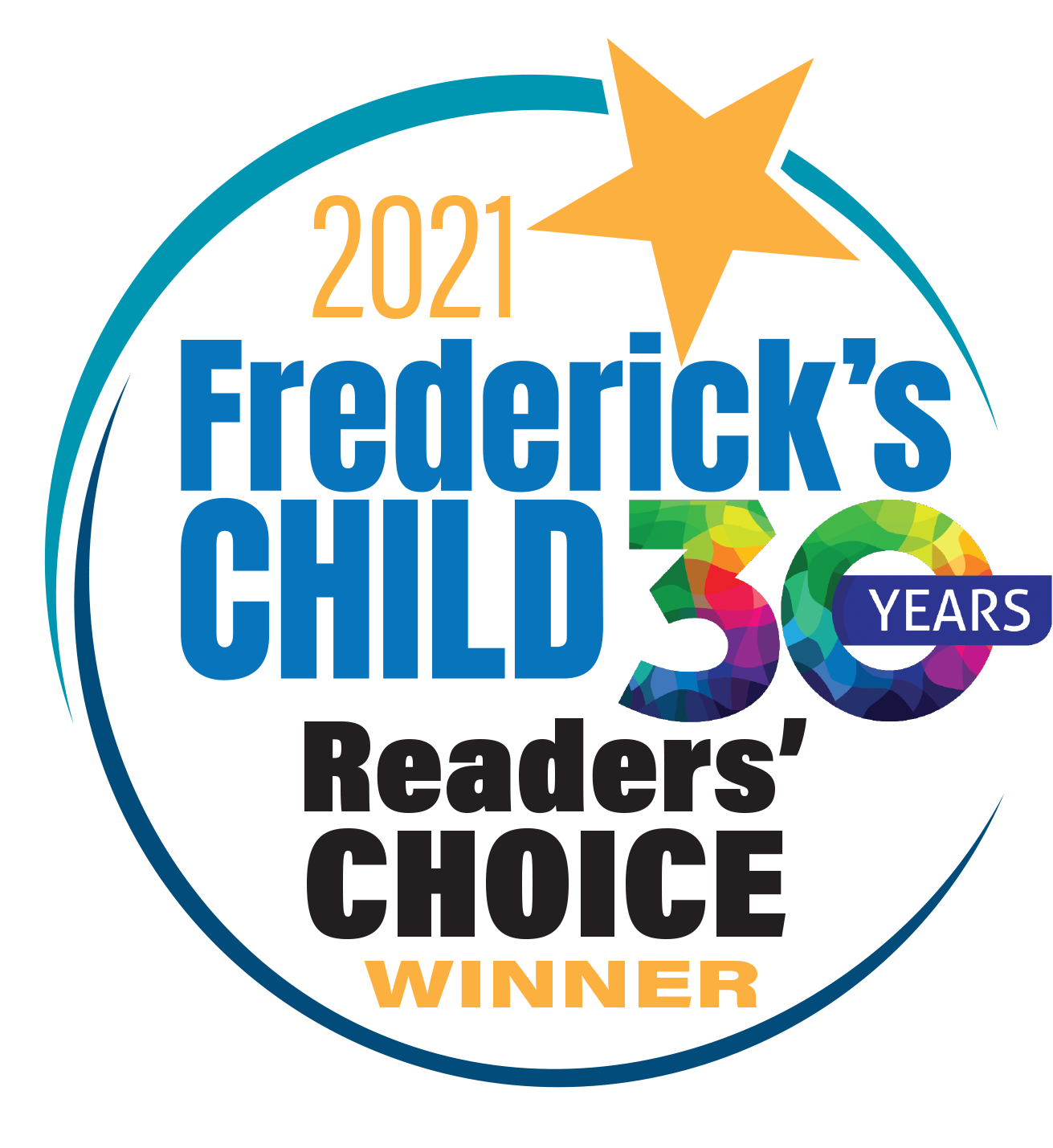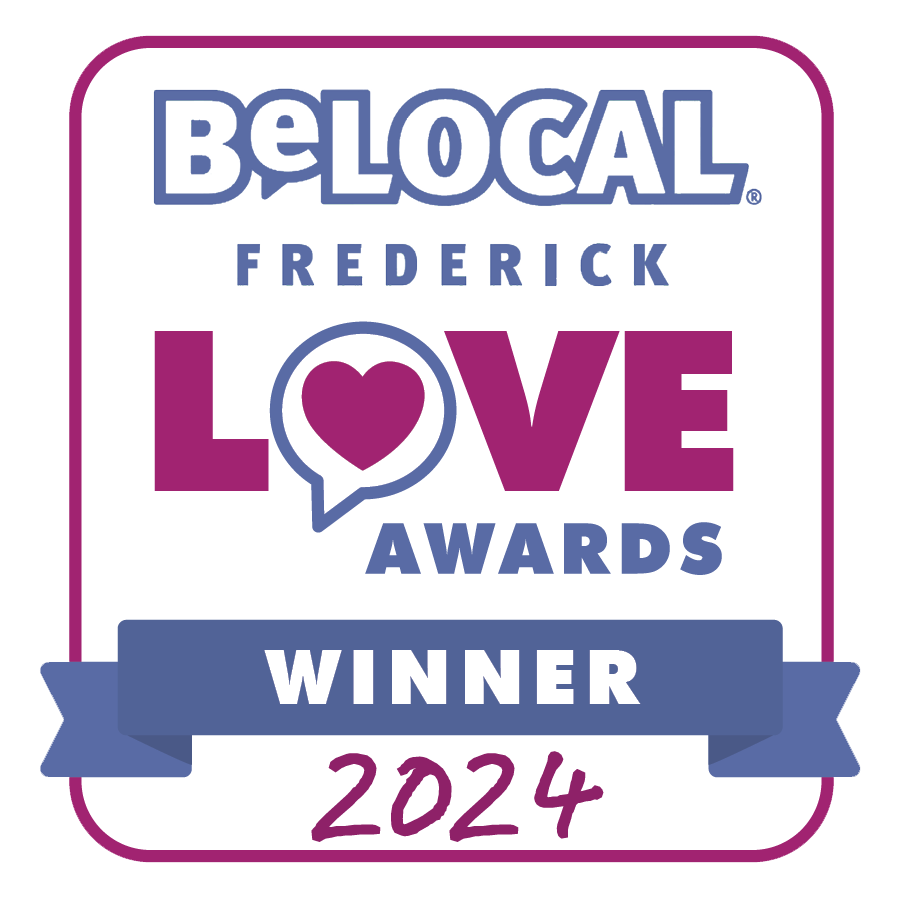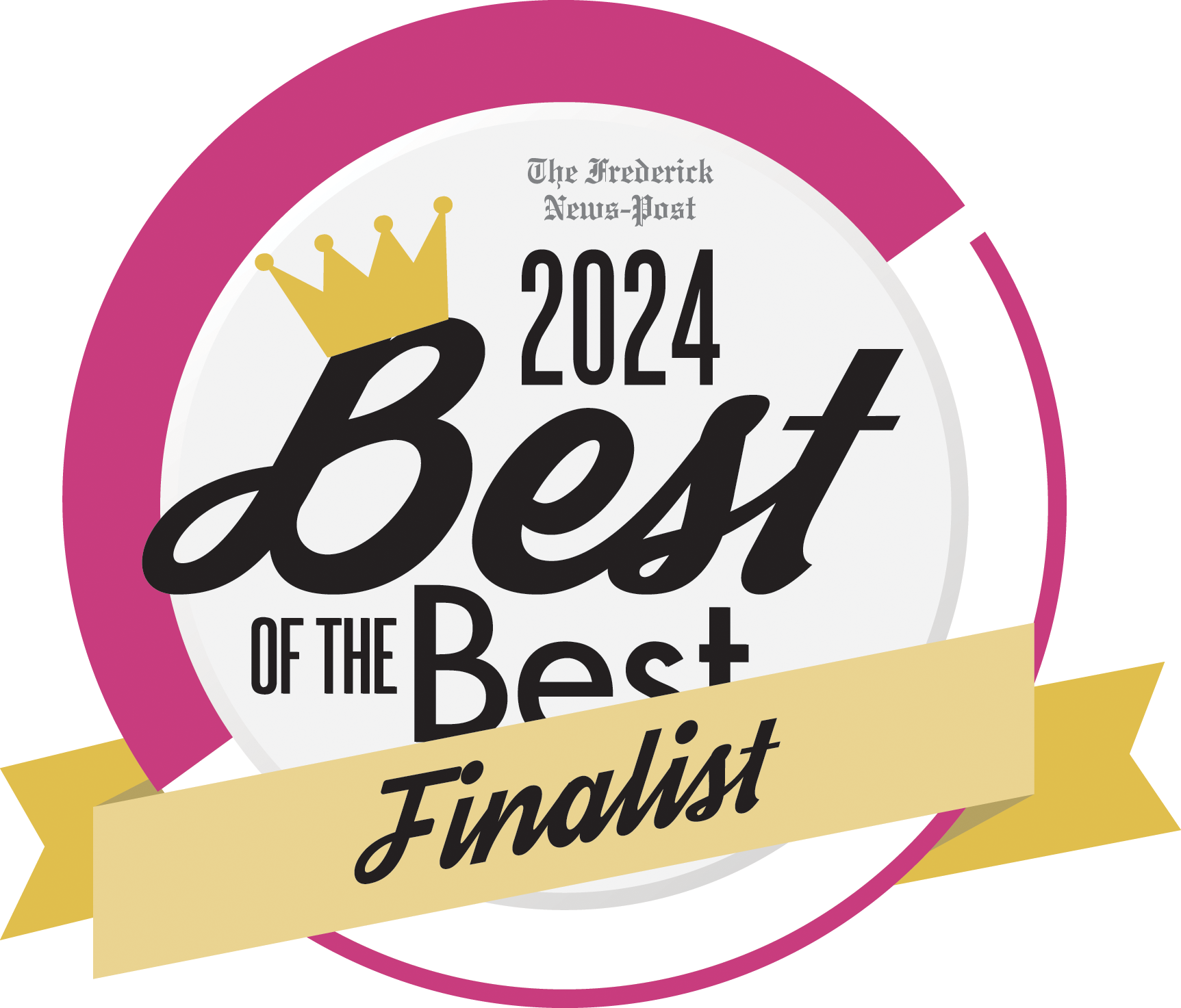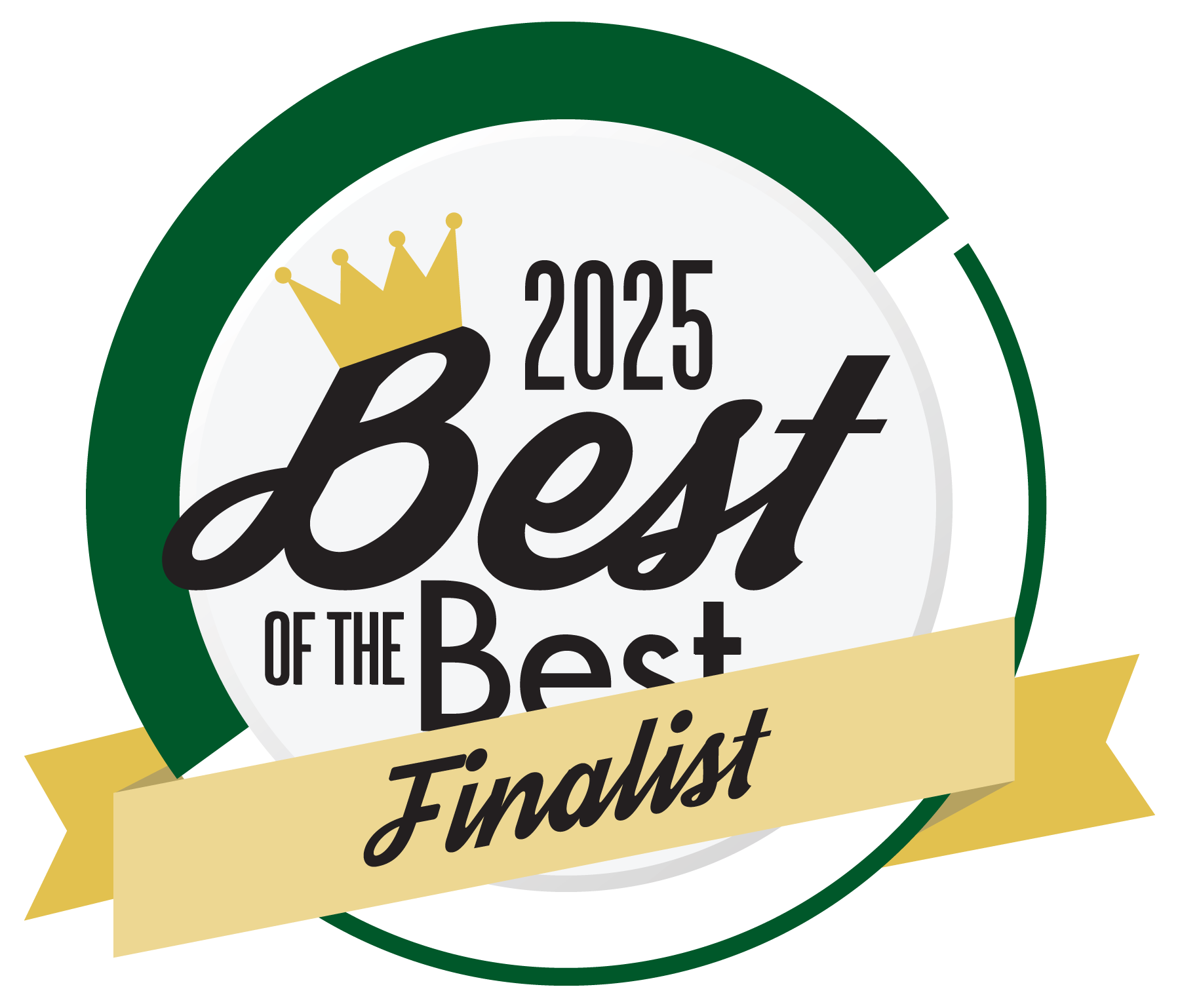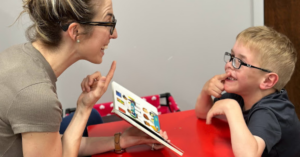
Emergent literacy refers to a child’s foundational skills for reading and writing before it develops conventionally and independently. The emergent literacy period takes place from birth to five years old. Emergent literacy skills include:
- Oral language skills
- Print awareness (i.e., words carry meaning, differentiating letters vs. words)
- Alphabet knowledge
- Phonological awareness (i.e., recognizing and using different sounds of spoken language)
- Understanding of print concepts (i.e., text is read left to right, top to bottom)
- Book handling skills (i.e., holding book, turning pages)
- Recognizing different pictures/symbols and their meaning
- Overall developing a positive attitude towards reading and demonstrating interest in books.
Why is it important?
Children are building their early literacy skills as their speech and language develops. This is because spoken language and written language have a reciprocal relationship, each building on the other to result in general language and literacy competency. Children with language delays and impairments are at a greater risk for later reading and academic difficulties. Literacy enriched activities are crucial for building and strengthening emergent literacy skills.
What does this look like at home?
Try to set a time aside each day for reading – maybe at bedtime! Reading time should be fun and exciting for the child. It should not be unpleasant, have high demands, or put pressure on them.
Shared Book Reading: read a book to your child that involves lots of interaction! There should be less focus on reading the text from the book and more focus on the interaction between you and your child. This can be as simple as flipping through the book and looking at or labeling different pictures. As skills begin to advance, you can begin asking your child questions (e.g., where is the ___, what is that?). Encourage your child to flip the book pages, model language throughout the book, acknowledge and respond to communication attempts, and follow your child’s lead! The focus should be on interaction and making meaning rather than following the book’s storyline.
Extratextual Talk: this involves having explicit conversations about meaning and concepts in the book. To start off, you may have your child label or identify different objects, or you can simply repeat their utterance while looking at the book. As their skills grow, you can start to expand on their utterances (i.e., repeat the utterance and add new information), link personal experiences your child can connect to the book, and ask inferential/open-ended questions (e.g., what do you think will happen next?).
Emergent literacy skills are not built solely through reading! There are plenty of simple things you can incorporate into your routine to build your child’s literacy skills without adding extra time to your day. This includes acknowledging and responding to any sounds or utterances your child produces throughout the day, repeating their sounds/utterances and expanding upon them, narrating what you are doing (e.g., dishes) or what they are doing (e.g., playing with cars), drawing attention to print in everyday settings (e.g., traffic signs, store signs, food containers), introducing new and relevant vocabulary (e.g., holidays, vocabulary relevant to place/activity), and providing access to different books during play throughout the day for them to explore independently.
What types of books should I use with my child?
Pick out books that will appeal to your child – this could include any interests they have! Young children tend to gravitate towards colorful print, bold and appealing fonts, and lots of different pictures to look at. Rhyming books may also be appealing to your child. There should be less focus on actually reading the book and more focus on building emergent reading skills! Follow your child’s lead based on their interest—allowing them to turn pages, explore the different pictures, reading the story (if they are interested), or making up your own story! Engagement and interest are key for building these skills.
Emergent literacy and AAC (Augmentative and Alternative Communication)
These skills can also be targeted with AAC users. By supporting their language comprehension and production using their AAC system, we are also enhancing literacy learning and vice versa. When reading with your child who uses AAC, it is important to encourage them to select the book on their own so that it is appealing to them. Additionally, they need access to their AAC system, and if possible, vocabulary related to the book. It’s important to continue following your child’s lead, modeling language throughout the book both verbally and using AAC, pausing to allow time for your child to communicate, and responding to all of their communication attempts.
Emergent literacy begins developing as soon as speech and language does. It’s important to target literacy skills, especially for children with language delays/impairments, to improve literacy and academic outcomes. Begin reading with your child daily, keep it simple, and have fun!
